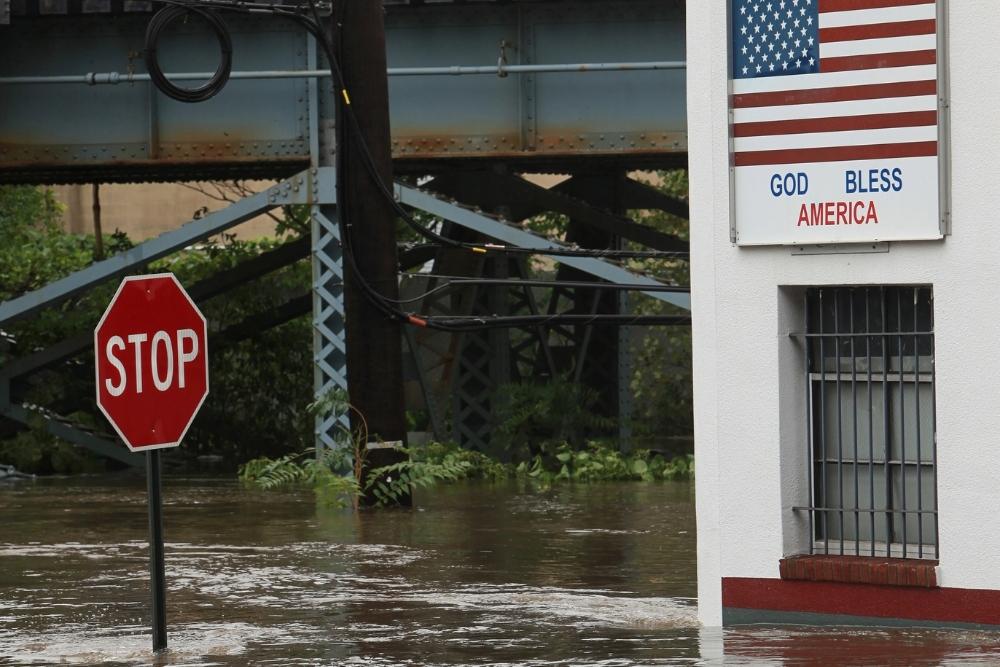



Flood insurance is something that you don't know you need until something happens. At that point, it's too late, and you are stuck paying for all of the damages out of pocket. Flooding can occur almost anywhere there is low-lying land. This means every state has some degree of risk of flood. If you don't know what your degree of flood risk is, you need to talk to your insurance agent. They will help you determine if your home is in a floodplain or not with their various resources.
Floods are caused by many things, including various types of construction that block the drainage paths that occur naturally within our environment. The most common cause of most flooding, however, is an excess of water in areas that are normally dry and away from water. Too much rain, excessive amounts of snow, or hurricane-type storms can account for the amount of rain needed to cause floodwaters to invade drylands. Even though these areas may not be in a flood plain, they still carry some degree of flood risk.
In most cases, no. Your homeowners insurance will not cover water damage caused by a natural disaster. There are specific policies for these types of disasters. Supplemental policies like this will also be needed to cover the damages caused by hurricanes and earthquakes. Even though you may live in an area with low flood risk, it is in your best interest to consider purchasing one. Not having flood insurance essentially makes you responsible for any flood-related losses you may experience.
Floods normally occur in what are known as flood plains. These areas are close to a water source and lower than much of the surrounding land. Dips and valleys can also flood even if they are not close to a proven water source. Heavy rains that fall in a short amount of time may cause flooding if the water cannot be drained fast enough. There are flood plain maps you can use to determine where your property lies in comparison to known flood plains.
FEMA manages the National Flood Insurance Program. It is responsible for providing coverage to individuals who need flood insurance. The NFIP delivers its policies through a large insurance network consisting of over 50 well-known insurance companies. Any mortgaged property that is located in Special Flood Hazard Areas must have an NFIP policy in place to protect the lender from financial loss.
Unsure if you need flood insurance? Talking to an agent is the best way to find out where the closest flood plain is located. Contact our agents here at the Club Agency. We have access to multiple resources that will help us determine your degree of flood risk. We can answer your questions and determine which policy is best for you.